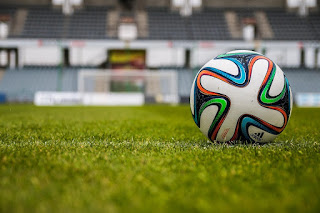In soccer, fouls are rule violations committed by players that disrupt the flow of the game or endanger the safety of opponents. Different types of fouls exist, ranging from minor infractions to more serious offenses, and they are punished according to the severity of the violation:
Direct Free Kick Foul: This type of foul occurs when a player commits a more serious offense against an opponent. Examples include kicking, tripping, pushing, or striking an opponent. The team fouled is awarded a direct free kick from the spot of the foul, and players from the opposing team must be at least 10 yards away from the ball.
Indirect Free Kick Foul: These fouls involve less serious offenses, such as dangerous play or obstruction. An indirect free kick is awarded to the opposing team, and a goal can only be scored if the ball touches another player before entering the net.
Penalty Kick Foul: When a foul is committed inside the penalty area (also known as the box), the fouled team is awarded a penalty kick. This is a direct free kick taken from the penalty spot, with only the goalkeeper between the kicker and the goal.
Dissent or Verbal Foul: Players who engage in unsportsmanlike behavior, use offensive language, or display dissent toward referees can be penalized with a yellow card or red card.
Yellow Card: A player can receive a yellow card for various reasons, such as persistent fouling, unsporting behavior, or delaying the restart of play. Accumulating multiple yellow cards can lead to a red card.
Red Card: A red card is issued for serious fouls, violent conduct, denial of an obvious goal-scoring opportunity, or receiving a second yellow card in the same match. A player who receives a red card is immediately sent off the field and their team must play with one fewer player for the remainder of the match.
Violent Conduct or Serious Foul Play: These actions, such as spitting, head-butting, or intentionally injuring an opponent, can result in a straight red card and an immediate ejection from the match.
Referees use their discretion to assess the severity of fouls and apply the appropriate punishment. The disciplinary actions aim to maintain the integrity of the game and ensure player safety while allowing for the fair continuation of play.
Photo: Pixabay (free)

No comments:
Post a Comment
Thanks for your comment.